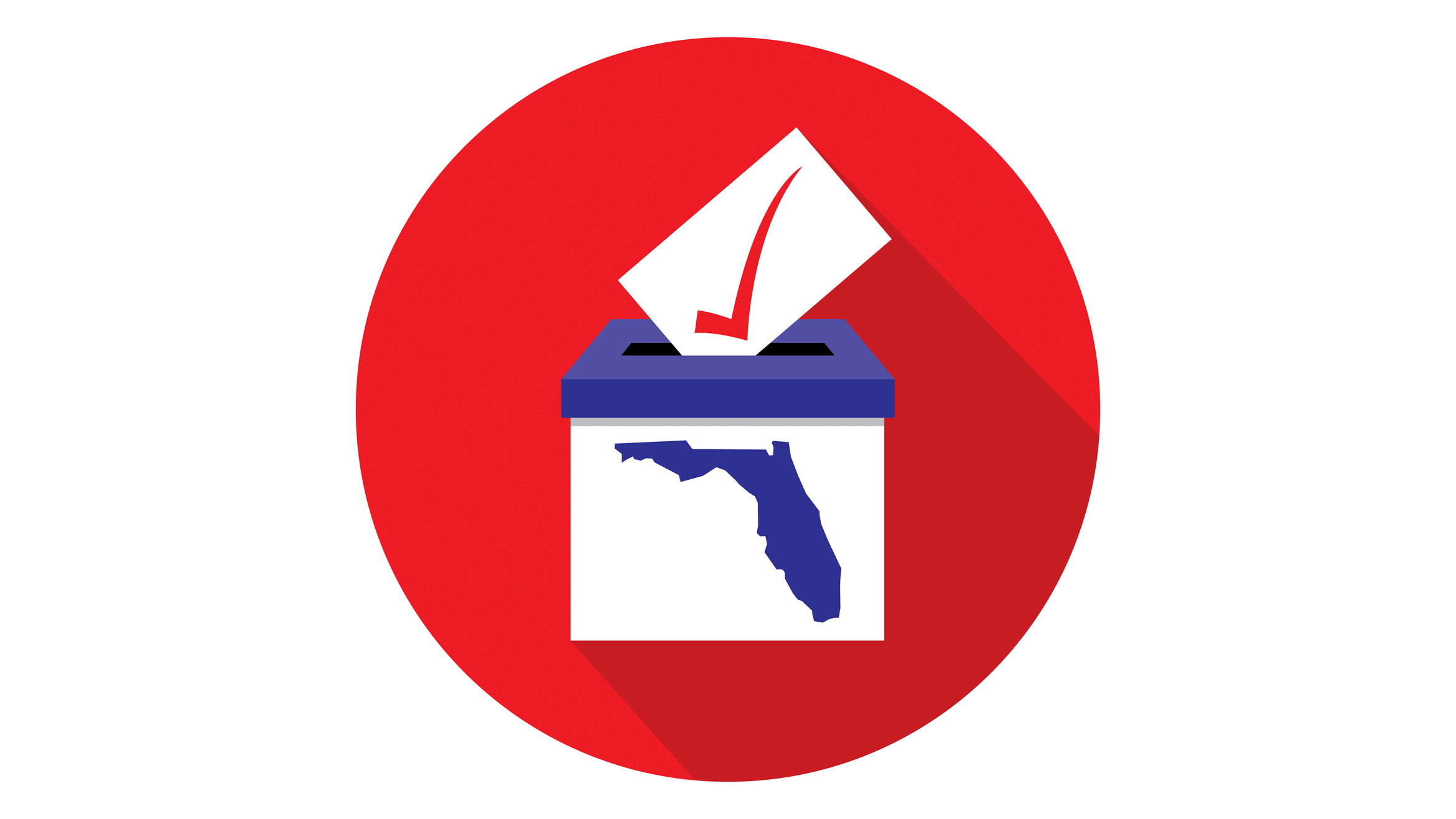Macias, a former journalist with NBC and CBS, owns the public relations agency Macias PR. He lives in South Florida with his wife and two children.
If you look at the voter registration numbers in Florida, former President Donald Trump and Vice President Kamala Harris really shouldn’t be locked in a competitive race for the state’s 30 electoral votes.
Florida Republicans outnumber Democrats by more than a million people, according to the Florida Division of Elections. Yet despite that large voter gap, polls continue to show a competitive contest between Harris and Trump.
Newsweek just published a poll, conducted by The Independent Center and The Bullfinch Group, that revealed Trump holds a 1-point lead among registered voters in Florida. The results of the poll, which was conducted Sept. 20-23, are well within the 4-point margin of error.
A different poll by Florida Atlantic University puts Harris up by 5 points among likely voters in the state, leading Trump 50 to 45 percent. That poll was conducted on Sept. 16-17.
“Since her elevation to the top of the ticket, Vice President Harris has effectively appealed to women voters, and the gender gap has become more pronounced,” said Luzmarina Garcia, an assistant professor of political science at FAU. “Harris has also reestablished the Democratic Party’s advantage with minority voters.”
The FAU poll shows Harris holding a substantial lead among Black voters (73 percent), Hispanic voters (51 percent) and white, college-educated voters (57 percent). Trump still has a strong hold (59 percent) on white voters who don’t have a college degree.
“Trump is losing support from independents compared to July, which could be a result of the Democratic Party convention and remains to be watched. If this pattern persists, it will be difficult for Trump to maintain an advantage in the election,” said Dukhong Kim, an associate professor of political science at FAU.
What the voting records don’t say
So why the apparent disconnect between voter registration records and poll numbers in Florida? What is missing from the equation is that while Republicans have 1 million more registered voters than Democrats, there are 3.5 million registered independents in Florida. Thus, needs to win over a vast number of independents in a state that has reliably elected Republicans to statewide offices in recent years.
Kim Archuleta, 53, seems to perfectly reflect what the polls suggest. She lives in Fort Lauderdale, is married with two kids, and has been a registered independent for most of her adult life. This year, she plans to vote for Harris.
“I like Kamala Harris for many reasons. She has a lot of experience of working at different levels of government from state to federal, including the legislative, judicial and executive branches,” Archuleta said. “Besides her desire to help working families, protect the environment and support small businesses, I especially like her willingness to fight for women’s rights. Gender pay equality as well as the access to safe reproductive care are big issues for me.”
And even though Florida has more registered Republicans, Archuleta said she doesn’t think that matters this year.
“I feel that people are looking for something different,” Archuleta said. “Even if Republican voters don't agree with her policies, the many issues that come with her opponent may be too much to handle. Also, I think the abortion issue is pushing many to turn to Harris.”
The evolution of Florida voters
I was a producer with NBC 6 in South Florida during the historic 2000 presidential election between Vice President Al Gore and Texas Gov. George W. Bush. At the time, voters seemed more divided along party lines as the polls seemed to reflect party registration numbers.
In 2000, Democrats out-numbered Republicans by 379,086, according to the archives at the Florida Division of Elections. Democrats continued to maintain larger voter registration numbers until 2021, when Republicans surpassed Democrats for the first time, dating back to 1972. Republicans in the state have gradually increased their number of voters since then.
Former Republican National Committee Chair Michael Steele has always had his pulse on the Republican voter. He describes this presidential election as one for the history books, going as far as predicting Harris will win Florida.
“This coalition that’s being created right now by Kamala Harris and Tim Walz is not just one to watch, but it’s going to be one that the history books will study, when, I think, she takes this thing to victory,” Steele predicted on MSNBC. “Florida and North Carolina will fall, along with Georgia,”



















 From left to right: Gabriel Cardona-Fox, Bud Branch, Joe Concienne
From left to right: Gabriel Cardona-Fox, Bud Branch, Joe Concienne 